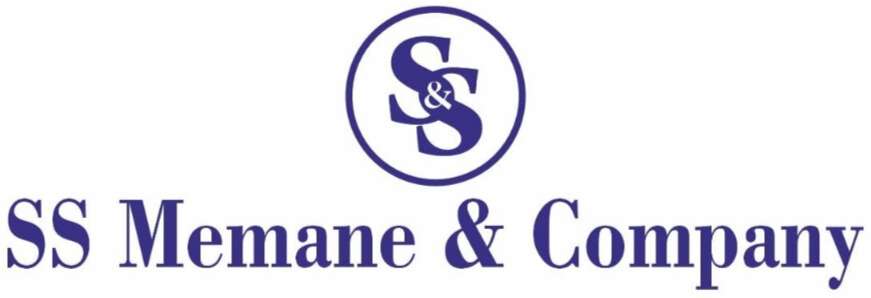Trademark Registration
Quick Contact
Documents Required
- Pan Card
- Bank Account Details
- Aadhaar Card
- Business Address Proof
- GSTIN (if applicable)
Trademark Registration
A trademark is a distinctive sign, logo, word, phrase, or symbol that identifies and distinguishes the goods or services of one entity from those of others. Trademark registration provides legal protection to the brand and helps in preventing others from using similar marks that could confuse consumers. In India, trademark registration is governed by the Trademarks Act, 1999, and is administered by the Controller General of Patents, Designs, and Trademarks.
Advantages :
Exclusive Rights:
Trademark registration grants the owner exclusive rights to use the mark in relation to the goods or services for which it is registered.
Brand Protection:
Protects the brand’s identity, preventing others from using identical or deceptively similar marks that could dilute the brand’s value.
Legal Recourse:
Provides the owner with the legal right to take action against unauthorized use of the mark, including filing infringement suits in court.
Asset Creation:
A registered trademark is an intangible asset that can be sold, licensed, or franchised, potentially generating revenue.
Customer Trust and Goodwill:
A trademark serves as a symbol of quality and reliability, helping to build trust and goodwill among customers.
Disadvantages:
Time-Consuming Process:
The trademark registration process can be lengthy, often taking 6 to 12 months or more due to opposition or objections.
Cost Involved:
The process involves registration fees and legal costs, which can be a financial burden for small businesses.
Maintenance and Renewal:
Trademarks must be renewed every 10 years to maintain protection, requiring ongoing attention and potential costs.
Risk of Rejection:
The application can be rejected if the mark is similar to an existing trademark or if it fails to meet the distinctiveness criteria.
Limited Protection:
A trademark provides protection only for the specific goods or services it is registered under, requiring separate registrations for different categories.
Required Documents:
Applicant’s Identity Proof:
PAN card, Aadhaar card, passport, or voter ID for individuals; incorporation certificate for companies or entities.
Proof of Address:
Address proof such as utility bills, lease agreements, or bank statements for the applicant.
Trademark Details:
A clear representation of the trademark (logo, word, or symbol) that you wish to register.
Proof of Business:
For businesses, a certificate of incorporation, partnership deed, or business registration certificate.
Power of Attorney (if applicable):
If an agent or attorney is filing the application on behalf of the applicant, a Power of Attorney is required.
Goods/Services Description:
Detailed description of the goods or services under which the trademark is being registered, classified under the appropriate class according to the NICE classification.
User Affidavit (if applicable):
An affidavit stating the date of first use of the trademark if it has been in use before applying for registration.
Registration Process
Conduct a Trademark Search:
Before applying, conduct a comprehensive trademark search to ensure that the mark is unique and not already registered by someone else.
Prepare the Application:
Prepare the trademark application, including details like the name of the applicant, type of business, class of goods/services, and a clear representation of the mark.
File the Application:
Submit the application online through the official IP India website or manually at the Trademark Registry Office, along with the prescribed fees.
Application Review:
The Trademark Office reviews the application to ensure it meets all legal requirements. If found satisfactory, it is published in the Trademark Journal.
Opposition Period:
The trademark is open to opposition from third parties for four months after publication. If no opposition is filed, the mark proceeds to registration.
Registration Certificate:
If no opposition is raised, or if the opposition is resolved in favor of the applicant, the trademark is registered, and a registration certificate is issued.
Use the ® Symbol:
Once registered, the trademark owner can start using the ® symbol next to the mark.
Eligibility Criteria
Applicants:
Individuals: Any individual who wants to protect their unique mark or logo.
Businesses: Proprietorships, partnerships, LLPs, companies, trusts, and other entities can apply for trademark registration.
Foreign Applicants: Non-resident Indians (NRIs) and foreign entities can also apply for trademark registration in India.
Distinctiveness:
The mark must be distinctive and capable of distinguishing the goods or services of one entity from those of others.
Not Deceptive:
The mark should not be deceptive, scandalous, or against public morality.
Not Generic:
Generic terms or common phrases cannot be registered as trademarks, as they are not distinctive.
Not Identical or Similar:
The mark should not be identical or confusingly similar to an existing registered trademark.
- Copyright 2024 © SS Memane || Designed By || Mr. Sunil Memane


